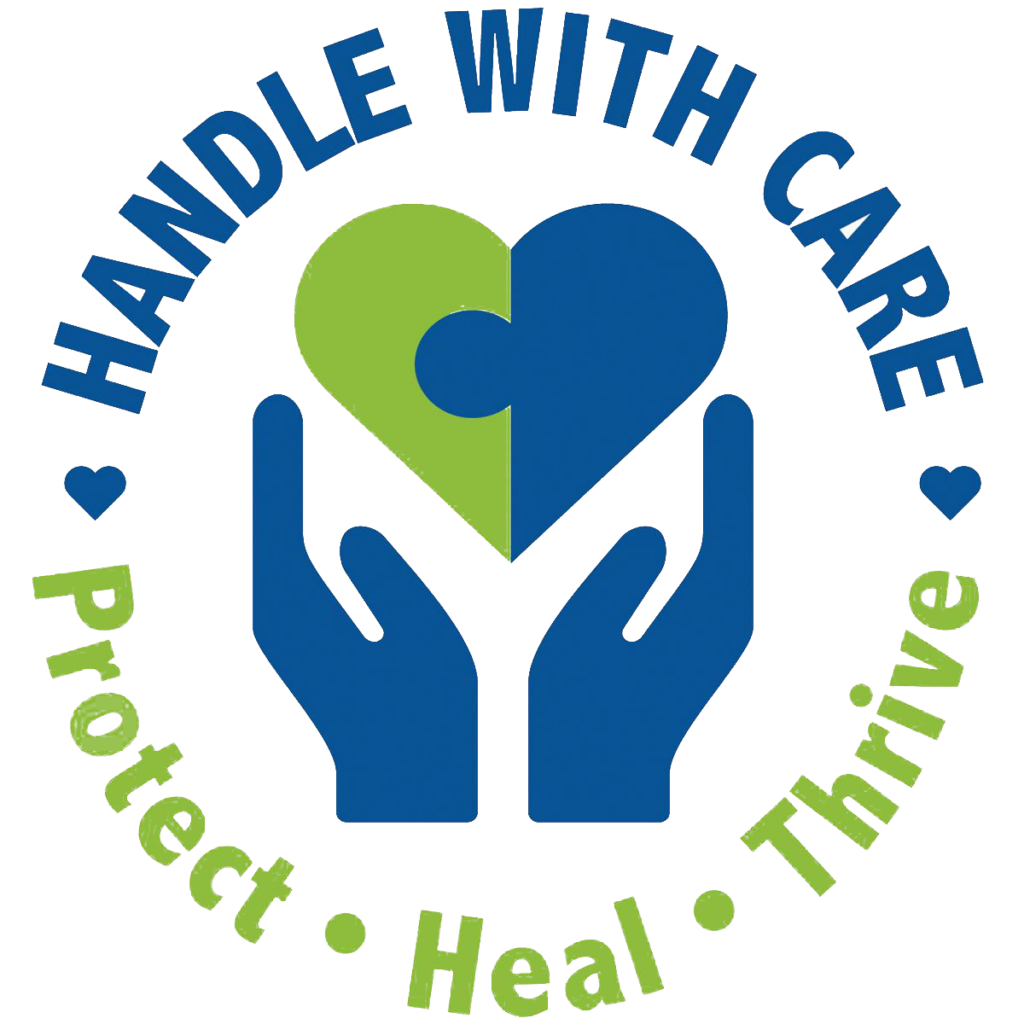
Is Substance Use a Part of “Normal” Teen Behavior?
We immunize. We require seat belts in the car and helmets while biking. We insist on sunscreen. We do just about everything we can to ensure that our kids are healthy, safe and primed for success. But when it comes to drinking alcohol or even smoking marijuana, why does it seem so easy to shrug it off as “a rite of passage” or “just experimenting”?
Substance use and the teen brain
It’s easy to recognize the obvious risks of drug, alcohol or nicotine use – that is, that it can result in negative consequences like car accidents, personal injury and in some cases may even lead to addiction. But less obvious is the impact substance use has on the still-developing teen brain.
In the same way we’ve come to recognize the negative consequences that a mother’s drinking or smoking can have on a developing fetus, we now know there are distinct risks to brain development with teen substance use.
Consider the construction of a house as a metaphor. First the foundation is poured, followed by framing, wiring and plumbing over the course of time. The brain develops in a similar way, with the foundation being laid before birth and into the early years of childhood. Adolescence is another time of rapid brain development where the brain’s framing and wiring become more efficient and the brain develops skills to focus, prioritize and problem-solve.
Vaping, drinking or using substances can damage the brain’s wiring, increasing the likelihood of learning difficulties and physical and mental health problems during the teen years and well into adulthood. Just as a house is still functional with a cracked foundation and faulty wiring, so is the human brain, but neither is optimal.
Why teens drink and use substances
From mood swings to rebellion, many types of challenging behavior are normal during the teen years, but experimenting with substance use isn’t one of them. We also need to rethink our perception of norms. It’s not true that “everyone vapes” or “everyone drinks.”
That said, a variety of common teen experiences can become an excuse or reason for substance use. Understanding why some teens drink or use substances is a valuable step toward keeping them healthy and safe.
Fitting in
Feelings of being an outsider and longing to be included and liked by others are pretty pronounced during the teen years. If the kids your teen wants to be friends with, or is hanging out with, are drinking or using substances, they may feel that they need to participate as well or risk being left out. Some teens see substance use as an easy path to making friends, fitting in or being accepted with the “right” crowd.
What parents can do:
- Get to know your kid’s friends and their parents, and talk with those parents about their approach to supervision and their stance on substance use.
- Encourage your teen to use your home for socializing. Give them a private space if possible but keep an eye on them.
- Assure your child that they can call you to be picked up whenever needed, no questions asked.
- Talk about their need for acceptance and to fit in. Explain that real friends will give them space to be themselves and won’t make them do anything they’re uncomfortable with.
Socializing
Some teens use drugs and alcohol to overcome insecurities, let their guard down and feel socially confident. Substance use may make them feel like they are really open and connecting with others. In addition to more obvious risks, this can lead teens to feel like substance use is necessary to achieve a certain level of interaction.
What parents can do:
- Find activities for your teen to socialize in a healthy, safe and supervised environment.
- If your child is socializing at someone else’s home, know where they will be. Call the parents in advance to verify the occasion, location and that there will be supervision.
- Communicate your expectations and rules for when your teen goes out with friends, and include regular check-ins.
- Model healthy behaviors. Find opportunities to socialize and connect in environments that don’t include alcohol.
Life transitions
Periods of transition in teens’ lives — like moving, divorce, puberty, changing schools, an illness or death in the family — can become a time of upheaval, leading some to attempt to find solace in alcohol or drugs.
What Parents Can Do:
- Ramp up the monitoring and communication during and after transitions.
- Encourage an open dialogue with your teen about their experiences.
- Set aside regular one-on-one time with your teen to bond and have fun together.
Emotional & psychological pain
Whether it’s the pressure of everyday teen drama or the emotional toll of family problems, stress or trauma, some teens use substances to dull the very real pain in their lives. Loneliness, low self-esteem, depression, anxiety disorder and other mental health issues are commonly associated with teen substance use. Furthermore, many of these issues occur in combination with one another, each compounding the intensity of the others.
What parents can do:
- Offer empathy and compassion. Let your child know you understand. Acknowledge that everyone struggles sometimes.
- Remind your child that you are there for support and guidance – and that it’s important to you that she or he is healthy and happy and makes safe choices.
- Model healthy coping skills like exercise, meditation or mindfulness. Show your kids how to learn from mistakes and disappointments.
- Brainstorm together to identify healthy ways to manage the stress in their life (e.g., more sleep, getting outdoors, one-on-one times, etc.). Let your child offer suggestions and help them think through their ideas.
- If your child is suffering, reassure them that you will seek out appropriate professional help and then do just that.

